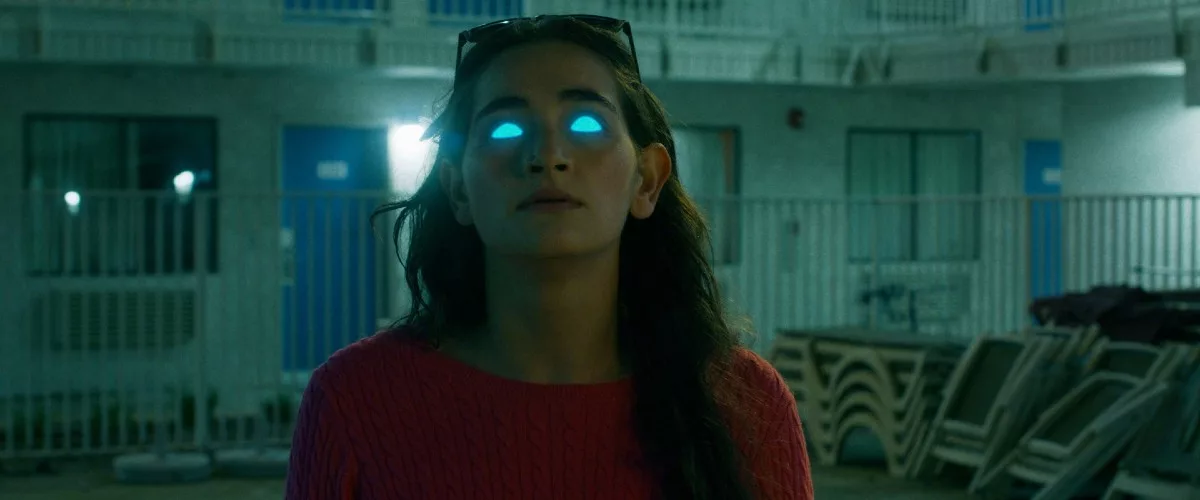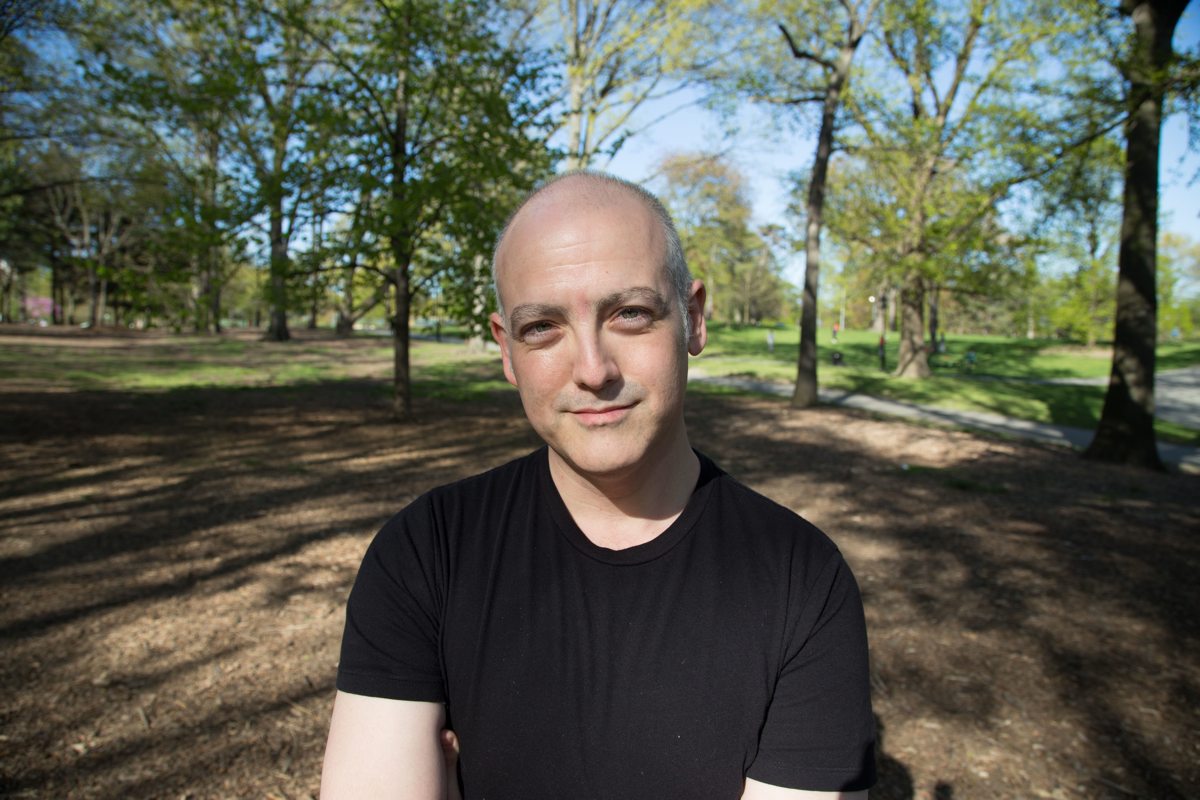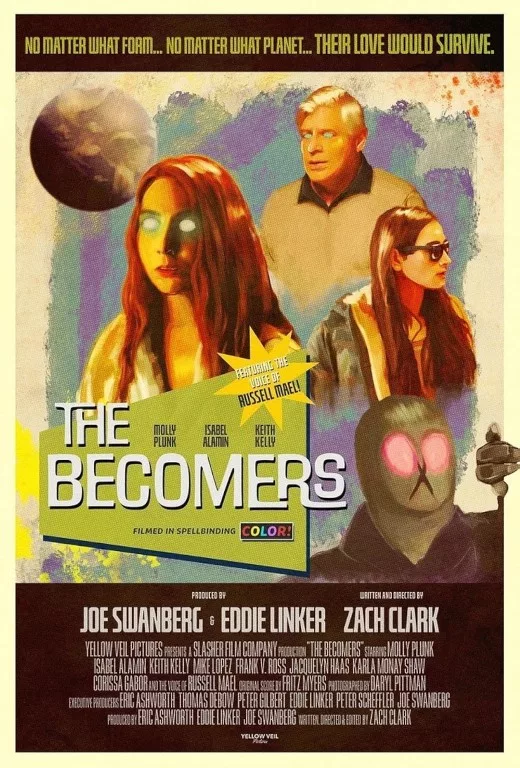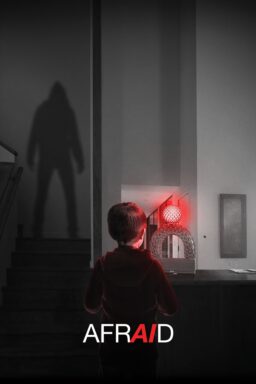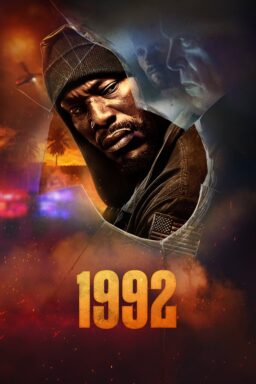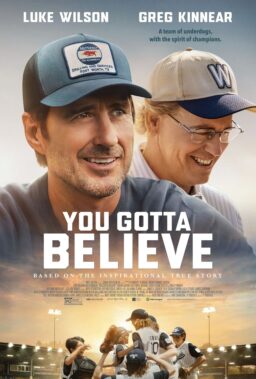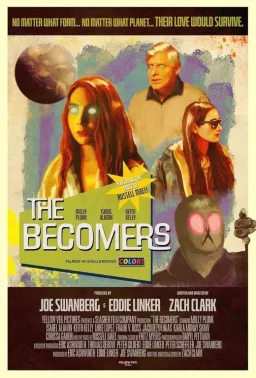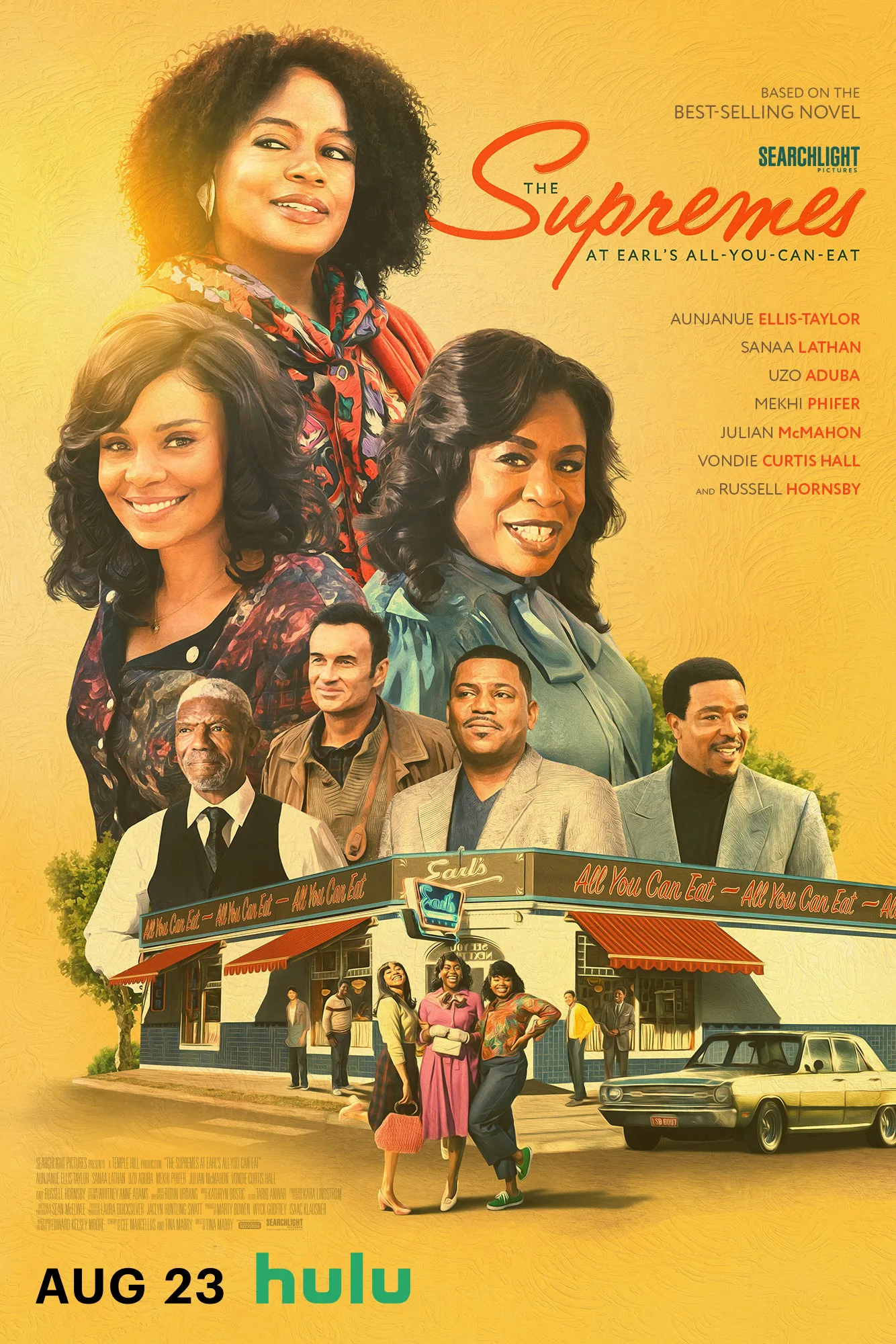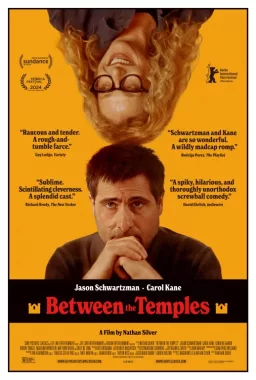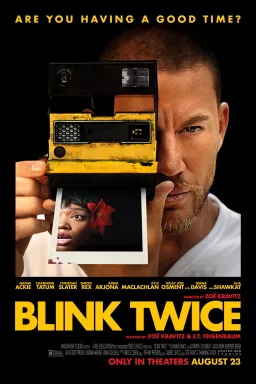Immigrant stories put a fresh frame around lives that native-born citizens don’t think too deeply about. Science fiction movies can do the same, but in a more exaggerated fashion, revealing the surreal eeriness of the “normal.” You can see this dynamic on display in “The Becomers,” writer-director Zach Clark’s movie about extraterrestrials coming to earth and assuming the bodies of humans. It’s probably more engrossing to just throw the movie on and let it unfold than to go into it after reading a review or summary. Any impact the movie has comes from the alternately comical and unnerving way Clark and the cast and crew choose to unveil each new bit of information, from the mechanics of body takeovers to the sex lives of these creatures (orifices are involved, though not the ones we’re used to).
Shot in greater Chicago, the movie throws you into the middle of its premise, and establishes right away that this is a science fiction movie that’s going to explore its ideas from the points-of-view of aliens rather than the humans who encounter them. The main characters are two lovers from a dying world who’ve come here separately to reunite and make a fresh start and end up together after some complications, living an outwardly typical suburban American lifestyle. The aliens are played by various actors, in the manner of a science fiction or horror film where creatures or spirits pass from one host to another. The main cast includes Isabel Alamin, Molly Plunk, Victoria Misu, and Mike Lopez, and the tale is occasionally narrated by Russell Mael in a not-quite-monotone that’s sneakily funny at times.
Disguises are necessary. The initial form of an inhabited human body has glowing fuchsia eyes. Special contacts are needed to cover this up. The anatomies of the creatures beneath human skins are glimpsed but not shown in totality. These visitors are giving good-enough performances as us. Anything that’s “not right” could be chalked up to them being humans who are a bit odd. Since everybody’s a bit odd once you get to know them, they get away with a lot.
Humans who interact with aliens in human skins may think there’s something “off” but can’t figure out what. The visitors are deadpan, quietly internal when dealing with humans, yet super-alert, cheerful-chirpy or overly invested in what they’ve learned about human life and how they’re chosen to represent our behavior. There’s a strangely touching shot of a “male” and “female” extraterrestrial couple lying on a couch together watching TV, and the woman stretches her long leg out and touches the man with her foot; it’s an unknowing parody of the way humans express sexual intimacy with casual touch. There’s also a shot of a character eating snack food out of a can with a spoon, and it might make you think about what it means to eat something out of a can with a spoon.
They’ve ended up in suburbia for whatever reason, and not the “American Beauty” or “The Graduate” kind of suburbia where yuppies in expensive clothes drive fancy cars while thinking about the empty materialism of their lives. This is a more, er, earthbound kind of suburbia. Car culture rules supreme. People shop at convenience stores and discount clothing stores. Something about the way Clark and cinematographer Darryl Pittman shoot their real-life locations, including a standard-issue “motor lodge” motel and a cookie-cutter suburban house, evokes a secondary point of interest in Alfred Hitchcock’s “Psycho”: the way the film captures what the United States looked like in the middle of the 20th century, when the interstate highway system was being built, a lot of smaller towns were being bypassed and forgotten and choked off from prosperity, and the “freedom” of the open road transmogrified into fearfulness and despair if you were running away from something instead of towards something.
I’m not sure Clark has enough gas in the tank to carry the movie’s premise through the running time of a feature (though this is a short one by Hollywood standards). And the movie becomes less special and simultaneously more heavy-handed and diffused when our main couple falls in with a cult whose behavior makes them seem like a parody of QAnon or extreme MAGA. The plot gets bogged down in a black-comedy political kidnapping. But “The Becomers” is still an arresting movie, and a great example of how to do a lot with a little.
The extraterrestrial couple is the movie’s nucleus. Their relationship is a spoof of American middle-class cliches of “contentment” but also a disarmingly sweet endorsement. At points during the movie’s middle section, I was reminded of David Cronenberg’s “The Fly,” which used science fiction and body horror to explore the full arc of a committed relationship, including the “in sickness and in health” part of marriage vows. As Mickey & Sylvia sang in their classic song, love is strange, but also the most comforting thing in a disordered world.
